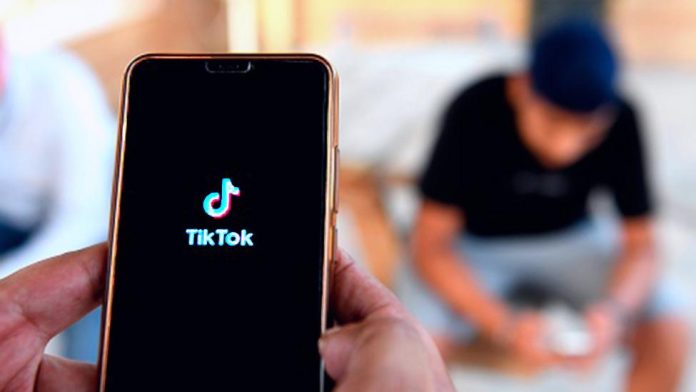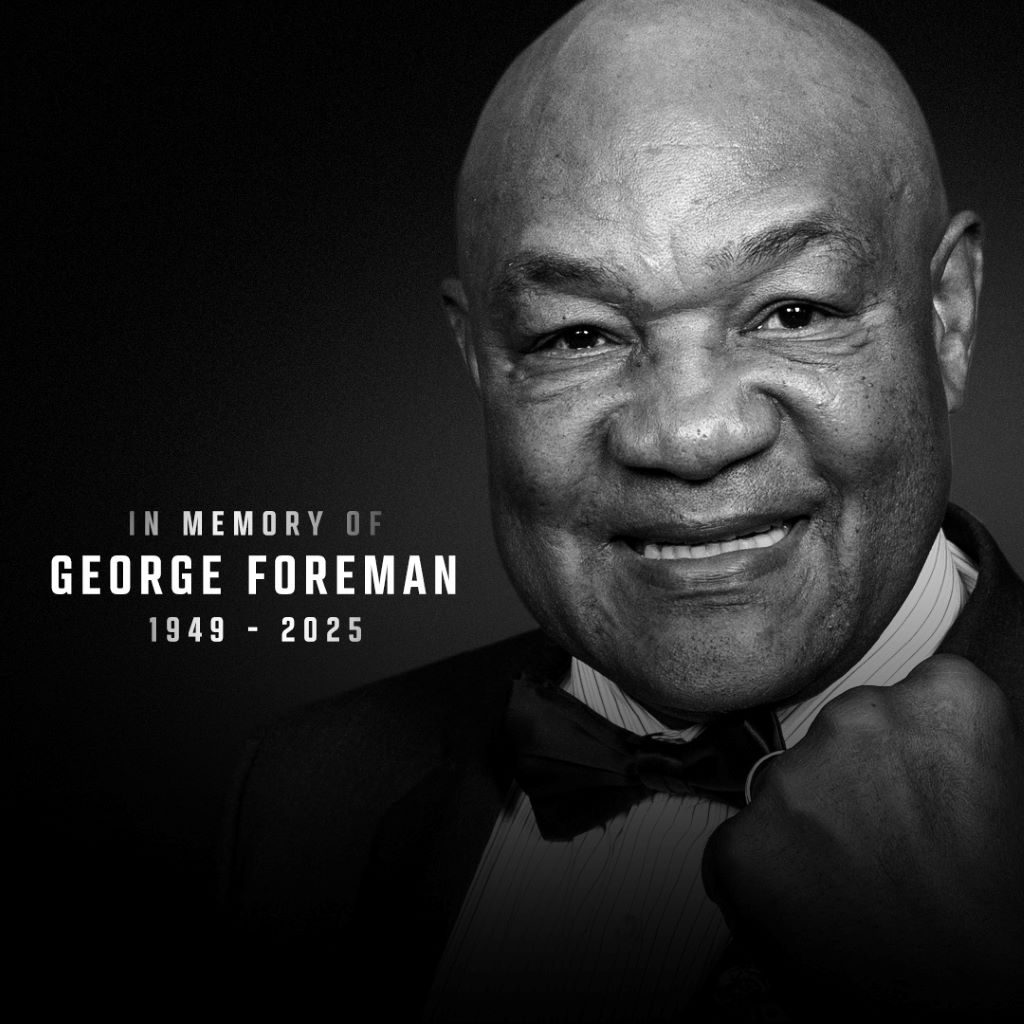A U.S. federal appeals court upheld a law requiring ByteDance to sell TikTok’s US operations by January 19, 2025, or face a nationwide ban.
The decision is a victory for the Justice Department and critics of the Chinese-owned app, but it is a significant setback for ByteDance.
The ruling could lead to an unprecedented ban on a social media platform with over 170 million American users. ByteDance and TikTok are expected to appeal the decision to the Supreme Court or a full appellate court panel.
The three-judge panel, consisting of Sri Srinivasan, Neomi Rao, and Douglas Ginsburg, ruled that the law reflects bipartisan concerns over potential threats posed by TikTok’s ties to the Chinese government. The court described the legislation as “carefully crafted” to mitigate foreign control over US communications infrastructure.
“This law was the culmination of extensive, bipartisan action by Congress and successive presidents,” the court wrote. It addresses a “well-substantiated national security threat posed by the PRC (People’s Republic of China).”
In my opinion, TikTok should not be banned in the USA, even though such a ban may benefit the 𝕏 platform.
— Elon Musk (@elonmusk) April 19, 2024
Doing so would be contrary to freedom of speech and expression. It is not what America stands for.
US officials have long warned that Beijing could compel ByteDance’s management to share the private data of American users. TikTok has denied this claim, calling concerns about its operations “speculative.”
If the Supreme Court does not reverse the decision, TikTok’s future could hinge on President Joe Biden’s willingness to grant a 90-day extension to the January 19 deadline. This extension would allow ByteDance additional time to finalize a divestment deal. The ruling also places the ultimate decision in the hands of President-elect Donald Trump, who takes office on January 20.
Trump, who unsuccessfully attempted to ban TikTok in 2020, stated before the recent presidential election that he would not allow the app to be banned. His comments raise uncertainty about how his administration will enforce the law.
Without an extension or a Supreme Court intervention, app stores like Apple and Google must remove TikTok from their platforms, and internet hosting services will be prohibited from supporting the app.
ByteDance has argued that the divestment mandate violates Americans’ free speech rights and represents an unprecedented departure from the US tradition of fostering an open internet. The company is backed by major investors, including Sequoia Capital and KKR & Co., and was valued at $268 billion as of December 2023.
In a statement during prior legal proceedings, TikTok labelled the divestment law “a radical overreach” and a politically motivated attempt to stoke anti-China sentiment.
Judge Srinivasan acknowledged the ruling’s far-reaching implications for TikTok users and the broader digital landscape. “170 million Americans use TikTok to create and view all sorts of free expression and engage with one another and the world,” Srinivasan wrote. “Yet, partly because of the platform’s expansive reach, Congress and multiple Presidents determined that divesting it from [China’s] control is essential to protect our national security.”
Srinivasan added that the decision reflects Congress’s intent to prevent censorship or suppression of specific content, framing the law as consistent with longstanding US regulatory practices.
Neither the Justice Department nor TikTok issued immediate comments on the ruling. However, the case is poised to escalate, with ByteDance likely to seek relief from the Supreme Court or pursue other legal remedies.
The ruling signals an uncertain future for TikTok’s millions of American users. Just six weeks remain before a potential ban reshapes the social media landscape.
Comment, Like 👍, share this article, and Follow us on our social media handles.







